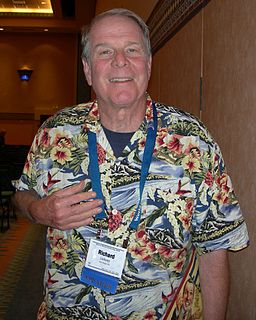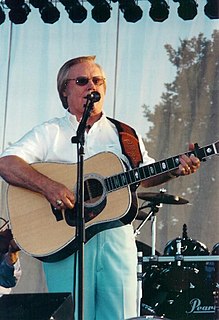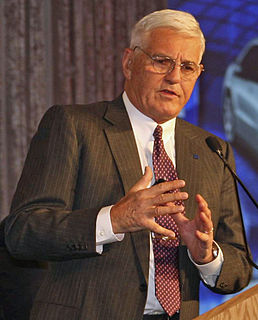A Quote by Steven Pinker
Forcing modern speakers of English to not - whoops, not to split an infinitive because it isn't done in Latin makes about as much sense as forcing modern residents of England to wear laurels and togas.
Related Quotes
English grammar is so complex and confusing for the one very simple reason that its rules and terminology are based on Latin - a language with which it has precious little in common. In Latin, to take one example, it is not possible to split an infinitive. So in English, the early authorities decided, it should not be possible to split an infinitive either. But there is no reason why we shouldn't, any more than we should forsake instant coffee and air travel because they weren't available to the Romans.
The complaint about modern steel furniture, modern glass houses, modern red bars and modern streamlined trains and cars is that all these objets modernize, while adequate and amusing in themselves, tend to make the people who use them look dated. It is an honest criticism. The human race has done nothing much about changing its own appearance to conform to the form and texture of its appurtenances.
There's bad in everything. I dislike people misusing something that I love so much. It goes beyond the money. It goes beyond all of that and the glory. I love what I've done and I just can't stand to see what they're doing to it. But I've learned to live with it because that's what they've done. They've come in with the modern sounds. I call it modern pop. It's not country anymore.
Malcolm Bradbury made the point, and I don't know whether it's a valid one or not, that the real English at the moment is not the English spoken in England or in America or even in Canada or Australia or New Zealand. The real English is the English which is a second language, so that it's rather like Latin in the days of the Roman Empire when people had their own languages, but had Latin in order to communicate.





































